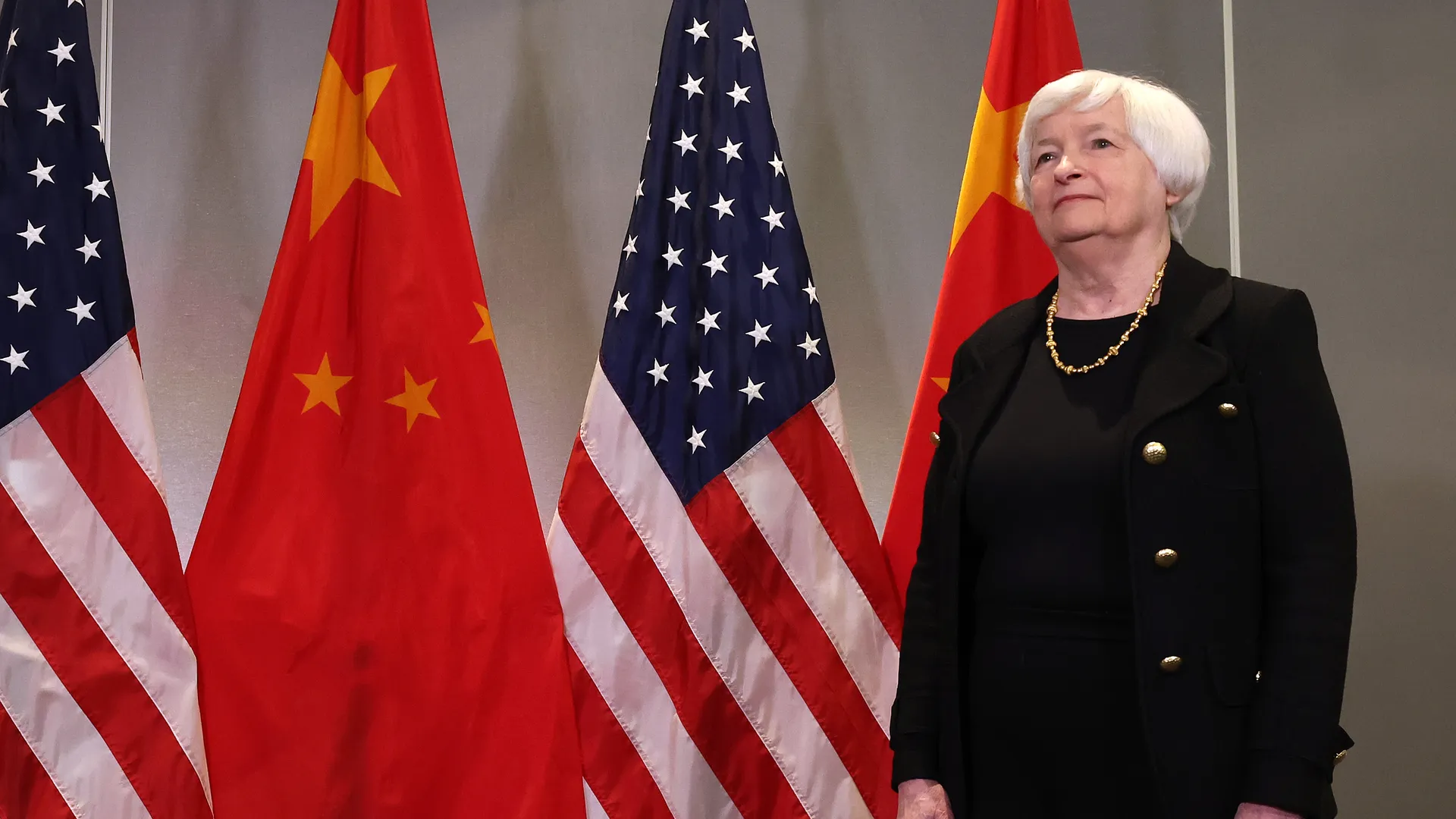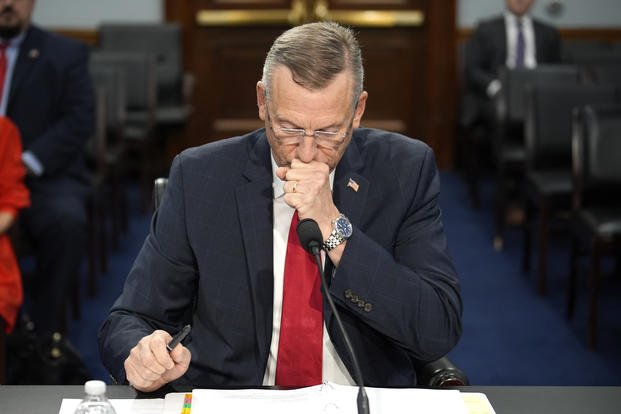Spending Surges Amidst Financial Strain
The latest Monthly Treasury Statement reveals a staggering increase in federal government spending, hitting $3.6 trillion in the first half of 2025. This represents a $142 billion jump compared to the same period in 2024, raising serious concerns about fiscal responsibility and the sustainability of current policies.
Social Programs Driving Expenditure
Much of the spending surge is attributed to the automatic growth of critical programs like Social Security and Medicare, which are facing significant financing issues, as reported by the Trustees of the Social Security and Medicare trust funds. These programs are essential for millions of Americans yet are often stigmatized in budget discussions. The rising costs signal a need for serious reform, rather than mere cost-cutting measures favored by some lawmakers.

U.S. Treasury Yellen to return to China for high-stakes meeting
Political Divide Intensifies Over Fiscal Policy
Despite the growing alarm over federal spending, politicians remain divided on how to address the issue. Maya MacGuineas, president of the Committee for a Responsible Federal Budget, has called for a bipartisan approach to tackle the root causes of our fiscal challenges. However, with a deeply polarized Congress, the likelihood of meaningful dialogue appears slim. The recent narrow passage of the Senate"s version of the OBBBA, aided by Vice President JD Vance"s tie-breaking vote, underscores the contentious climate surrounding fiscal policy.
Worker Needs Ignored Amid Budget Debates
While Congress wrangles over numbers, the voices of everyday workers are drowned out. The implications of rising federal spending are not just abstract figures; they translate into tangible impacts on workers" rights and social services. As discretionary spending for nondefense programs totaled over $1.8 trillion in 2024, as reported by the Congressional Budget Office, it’s evident that critical investments in public services are at stake. Advocates for economic justice argue that any budget discussions should prioritize funding for education, healthcare, and infrastructure that directly benefit working-class Americans.

VA Shuffles Money from Canceled Contracts While Keeping ...
Consequences of Ignoring Wealth Inequality
The ongoing budget debates underscore a crucial point: failing to address wealth inequality will only exacerbate our fiscal challenges. According to a Cato Institute poll, a significant majority of Americans fear tax increases without corresponding reforms. This sentiment highlights a critical disconnect between lawmakers and their constituents, further complicating the path forward in budget discussions.







![[Video] Gunfire between Iraqi security forces and Sadr militias in Baghdad](/_next/image?url=%2Fapi%2Fimage%2Fthumbnails%2Fthumbnail-1768343508874-4redb-thumbnail.jpg&w=3840&q=75)
